Design and Technology
The Design and Technology department is led by Mrs E Collins (Director of Learning). She is supported by Mrs S Kilner (Deputy Director of Learning for Textiles). Alongside this, we also have two specialist teachers – Mrs Shaw and Mr Richardson and two technology technicians Mrs Brooke and Miss Murphy.
D&T Intent
Design technology is a rigorous and inspiring collection of subjects that inspire creativity, knowledge and practical skills. It enables students to problem solve, take risks, and become innovative, enterprising, and able to communicate thinking in relation to a design brief.
Students will learn and develop knowledge considering the user, purpose, functionality, design decisions and innovation.
Studying design technology, incorporates the use of a broad range of knowledge, skills and understanding across the four subject areas. Food, Engineering, Textiles, and 3D Design. Students rotate around these subject areas to get a broad but comprehensive understanding of all the facets of the large subject that is Design Technology.
Our collection of subjects prepare the students for the wider working world helping students to problem solve, take risks, work independently and reflect and improve.
Students will learn how to turn an idea into reality, igniting their passion for hands on making and creativity that can last a lifetime.
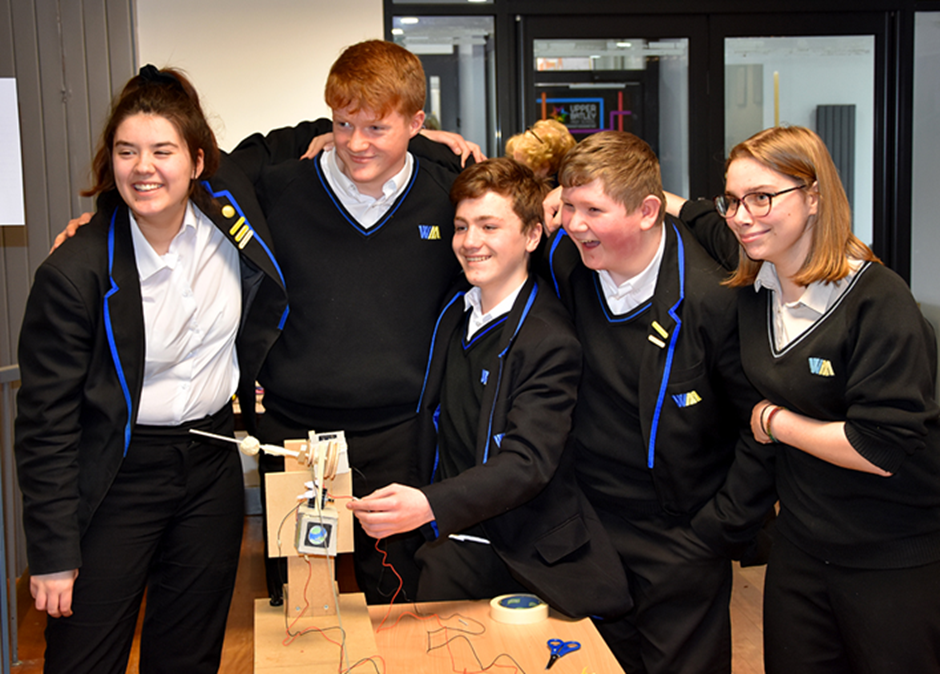
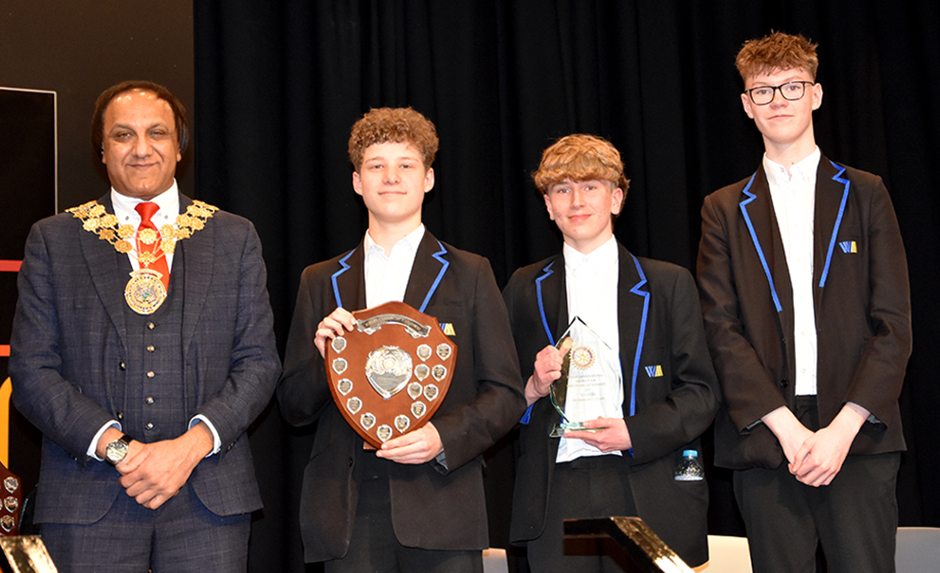
The Curriculum
KS3 Engineering Design
- Students learn a wide range of skills in Engineering.
- It is a subject where the implications of Engineering concepts directly impact on the successful generation of design ideas and product realisation.
- Through KS3 students build their knowledge and skills to develop products from a design brief to a final outcome.
- This reflects the design cycle that is used at KS4 strongly and prepares them to succeed if they choose to the subject at KS4.
Projects include:
- Lego figure development
- CAD mobile phone design
- Acoustic Speaker
- Students are taken through the entire design cycle to develop knowledge of considerations specific to any given engineered product, develop skills related to; idea generation, design development and formal presentation drawings, and develop workshop skills to ensure designs are realised through practical activities to generate successful and effective prototypes.
- Students will finish the course being able to name, describe and use a wide range of design strategies. Students will be able to use tools and equipment in the workshop accurately and independently. Students will know and understand how to generate and use design specifications to guide design ideas and be apply to apply skilful designing methods to communicate clearly their design thinking.
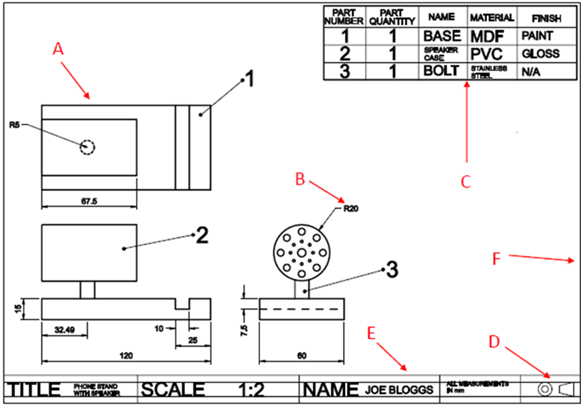
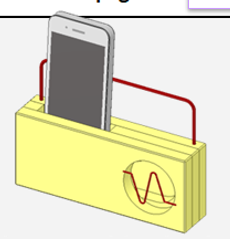
KS3 3D Design
Students learn a wide range of skills in 3D design. It is a subject where practicality meets creativity. Through KS3 students build their knowledge and skills in the workshop making a range of products from a design brief to final product. This reflects the design cycle that is used at KS4 strongly and prepares them to succeed if they choose to the subject at KS4.
Projects include:
- Wooden Slot Together Toy
- Puzzle Game
- Block Bot 3D character design.
Students are taken through the entire design cycle including research, artist profiles, existing products, design ideas and design development, prototyping, evaluation, and reflection. Students will finish the course being able to name and use a wide range of equipment in the workshop accurately, work independently, know a range of materials and use CAD CAM such as the laser cutter and present design ideas to a high standard, annotating their design thinking.
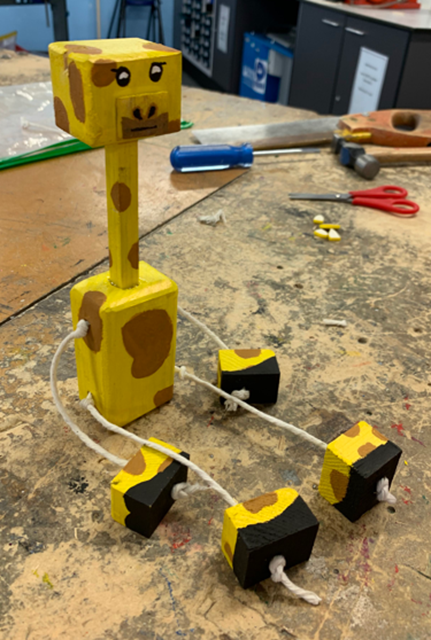
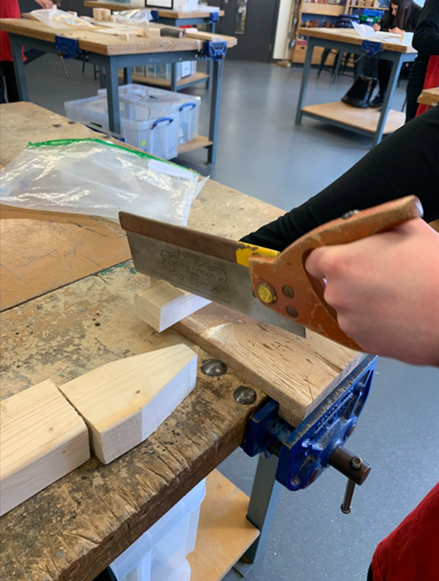
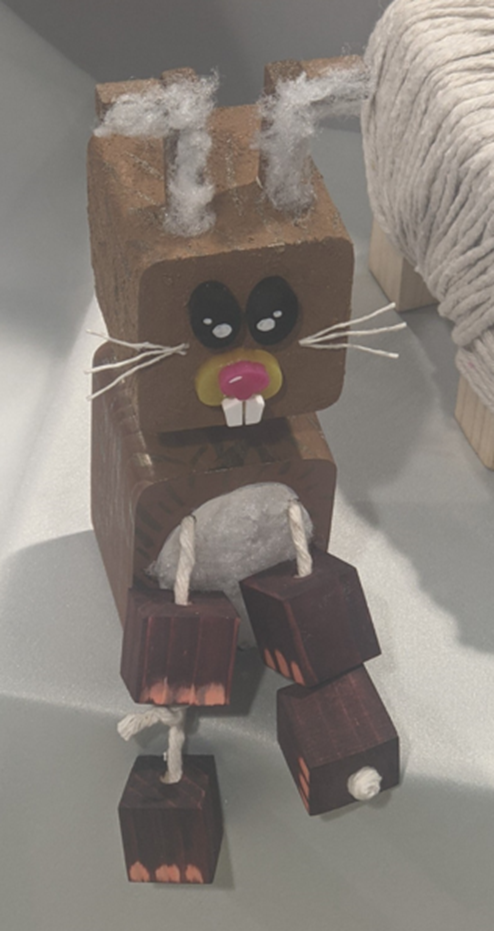
KS3 Textiles
Through KS3 students build their knowledge and skills, creating fabric samples which combine different techniques. The theme for each project encourages students to see design inspiration in the world around us. This reflects the design briefs that are used at KS4 and prepares them to succeed if they choose to the subject at KS4.
Projects include:
- Cultural Fabric using Tie Dye, Printing and embroidery.
- Nature themed fabric using Fabric crayons, Photochromic dye and embellishment.
- Architecture Artwork using Batik, Fabric pens and machine stitching.
Students use the same process as at KS4 including research, artist profiles, design ideas and design development, sampling, evaluation, and reflection. Students will finish the course being able to name and use a wide range of decorative techniques, and how these can be successfully combined to make a considered design.
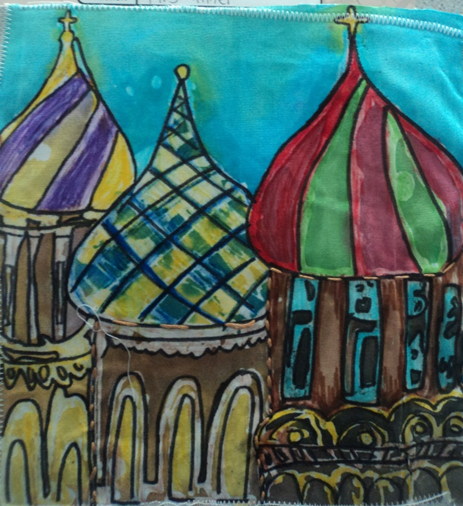
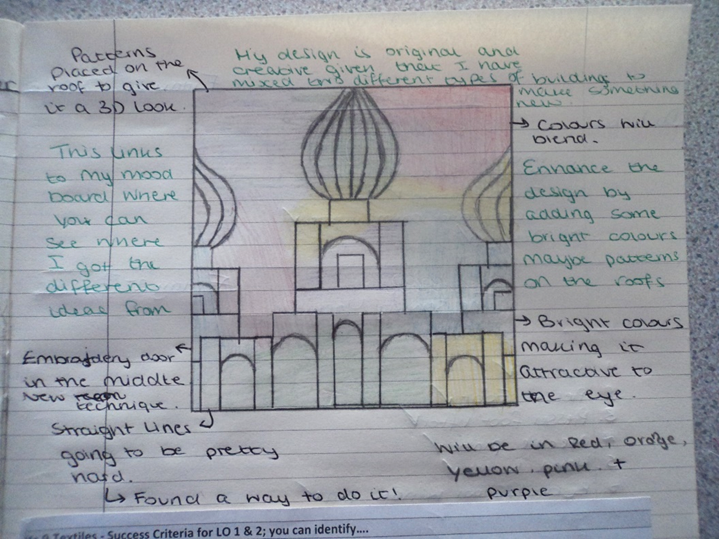
KS3 Food
Students are taught life skills in food preparation and nutrition, teaching how to use basic equipment in KS3 to more advanced equipment at KS4. Skills that can be developed for future lessons at KS4. Knowledge and understanding of diet and health are also taught to prepare for GCSE stage in KS4 due to an increase in diet related diseases. Students will build knowledge for further education.
KS3 year 7 – Taught knife skills, use of oven and use of equipment to make three different dishes
- Deli salad
- Fruit Crumble and
- Rock buns with dried fruit
- Healthy eating bringing in some vitamin and fibre knowledge.
- Eatwell Guide
KS3 year 8 – Knife skills continued with introduction to dough making and standard components. Use of the oven. Micronutrients, Minerals and Macronutrients are brought into their learning – they make three dishes to develop their skills and presentation of food.
- Pizza project
- Sausage Rolls
- Raspberry buns
- Eatwell Guide
- Standard Components
KS3 Year 9 - Knife skills developed to more complex skills, use of the hob to make three savoury dishes which cover cross contamination, food poisoning and food safety. Vegetarianism is also taught as well as nutritional content bringing macronutrients into their learning.
- Plate pie
- Chilli or Bolognaise
- Curry
- Nutrients
- Standard Components
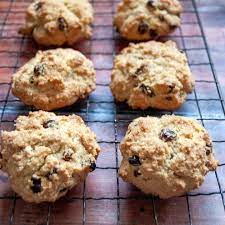
KS4 DT 3D and Textiles
BTEC Art and Design
Students build skills and knowledge that are integral to the design sector in industry. Students can transfer all skills learnt to any of the creative industries that link to the subject such as fashion, games, advertising, graphics and publishing.
The students can gain sector specific knowledge in their specialism of choice and apply it to realistic vocational contexts. Students use a balance of knowledge and practical skills that can be used in industries and are often voted top of desirable qualities for the workplace.
- Planning
- Organisation
- Communication
- Problem Solving
- Generating and Developing Ideas
- Prototyping
- Review and Refinement
Students will also learn a range of practical skills and be able to apply them towards making their own original products using creativity and innovation. They will also create a portfolio of research, design and development they can use to show their skills to a prospective employer for apprenticeships or collage interviews.
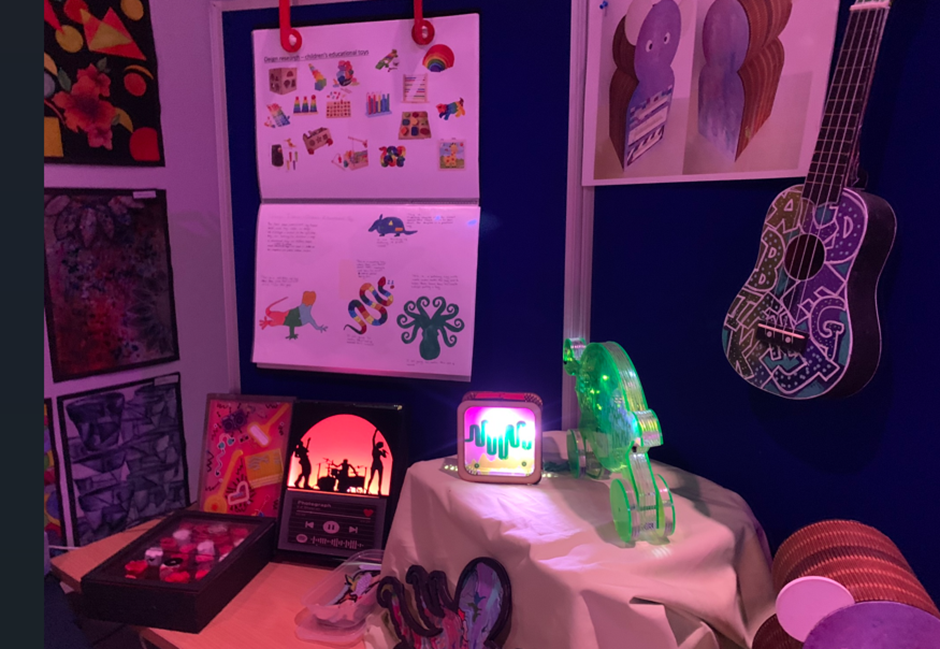
KS4 Food
OCR GCSE Food Preparation and Nutrition
Year 10 - OCR exam board 50% coursework 50% Written Paper. Developing their practical skills for more complex dishes, time keeping in preparation for the three-hour practical exam in year 11. Nutrient knowledge in more depth and detail for the written paper as well as science behind ingredients used. Exam paper preparation with end of unit assessments to prepare for written mock exam and year 11 exams.
17 different practical sessions to cover cooking food and preparation and skill requirements
- Nutrition
- Food Provenance
- Food security
- Food Choice
- Food Science
- Sensory Properties
- Food Safety
KS4 DT Engineering
BTEC Engineering Design
- Students build skills and knowledge that are integral to producing Engineering Designs in industry.
- Students can transfer all skills learnt to any of the creative and manufacturing industries that link to the subject such as product design, mechanical engineering and automotive engineering.
- The students can gain sector specific knowledge and understand how this is applied to realistic vocational contexts. Students use a balance of knowledge and skills commonplace in Engineering industries such as:
- Research
- Cmmunication
- Prblem Solving
- Generating and Develping Ideas
- Planning
- Prtotyping
- Review and Refinement
- Students will also learn a range of practical skills and be able to apply them towards making their own original products using knowledge and understanding of design requirements gained. They will also create a portfolio of research, design and development they can use to show their skills to a prospective employer for apprenticeships or collage interviews.
Course specifications:
Yr 10 & 11
Engineering – OCR Engineering Design
Food Preparation & Nutrition - GCSE - Food Preparation and Nutrition (9-1) - J309 - OCR
Textiles and 3D Product - BTEC Tech Award Art & Design Practice (specialism; Textiles)
Our curriculum plans can be found below.

